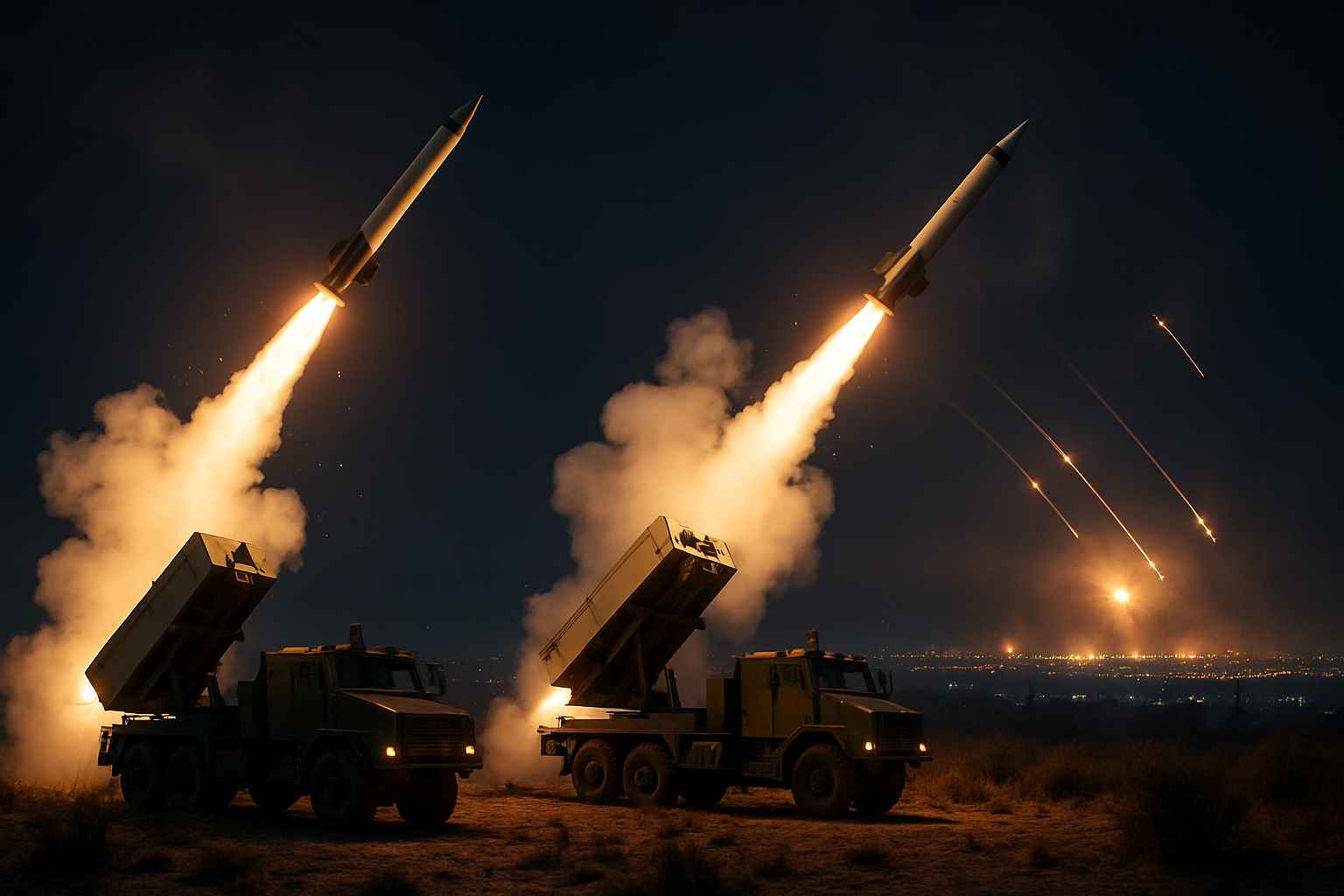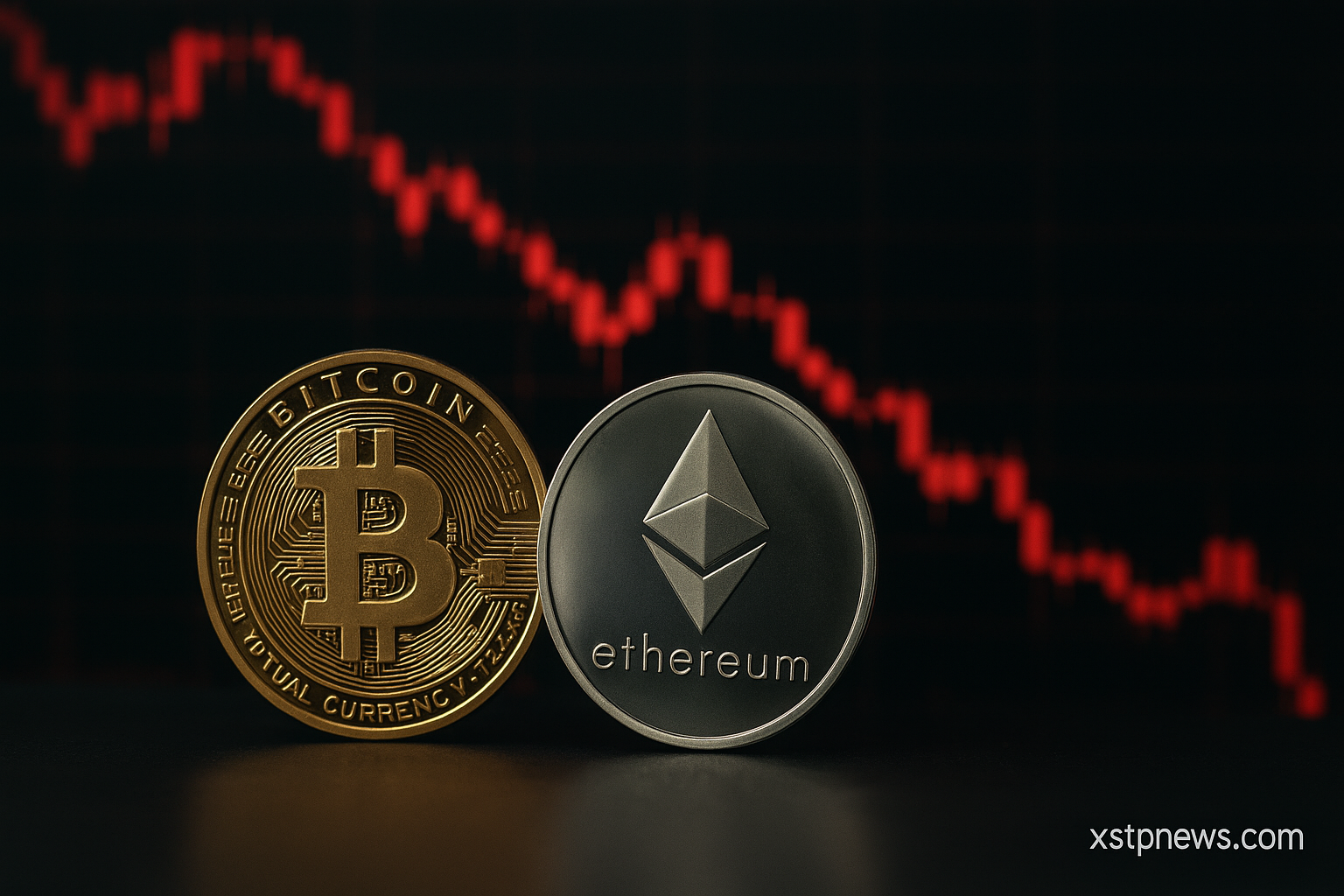Iran has officially responded to the recent U.S. airstrike that targeted its nuclear facilities. The reaction was swift, aggressive, and multi-layered, escalating tensions across the Middle East and putting global markets on alert.
Immediate Response
Within hours of the attack, Iranian state media declared that the country had entered a state of full military readiness. The Islamic Revolutionary Guard Corps called the airstrikes a direct act of war and vowed to respond with force. Iran’s government described the U.S. mission as a violation of international law and promised consequences that would be long-lasting.
Missiles were launched toward Israeli territory, with local defense systems intercepting most of them. Reports from the region confirmed dozens of injuries, while several allied militias in Iraq, Lebanon, and Yemen were placed on standby. Iranian military officials warned that U.S. troops across the Gulf region are now legitimate targets.
Strategic Threats
Iran signaled that it may consider disrupting commercial shipping in the Strait of Hormuz, a key global oil route. There are growing fears that the regime could deploy mines or drones to restrict passage. Iran has also hinted at cyberattacks and unconventional retaliation beyond the battlefield.
In addition to direct threats, Tehran began reinforcing its diplomatic ties with Russia and China. High-level communications were reportedly exchanged with Moscow within hours of the strike, suggesting that Iran is preparing for a prolonged standoff.
Global Reactions
The international community remains divided. Western allies of the United States have called for calm but acknowledged the legitimacy of concerns over Iran’s nuclear ambitions. Several global leaders expressed alarm over the potential for wider conflict. The United Nations scheduled an emergency session as Iran requested international condemnation of the U.S. action.
Market Reactions and Economic Impact
Oil prices surged as concerns over security in the Gulf intensified. Brent crude traded above 100 dollars per barrel for the first time this year. Global markets reacted with sharp volatility, particularly in sectors tied to energy, shipping, and defense.
Safe-haven assets like gold and Bitcoin experienced sudden demand, while investor sentiment shifted away from riskier assets. Analysts expect prolonged uncertainty to shape financial decisions in the coming weeks, especially if the conflict expands.
Strategic Implications
Iran’s response shows a calculated blend of military and psychological warfare. By threatening key infrastructure and using regional proxies, Tehran is testing the boundaries of international patience while asserting its role as a regional power.
The next phase of this crisis will depend on how the United States reacts to further provocations. If retaliation continues, escalation into a broader regional war becomes increasingly likely. For investors, this marks a critical moment to monitor geopolitical signals and energy market trends closely.







